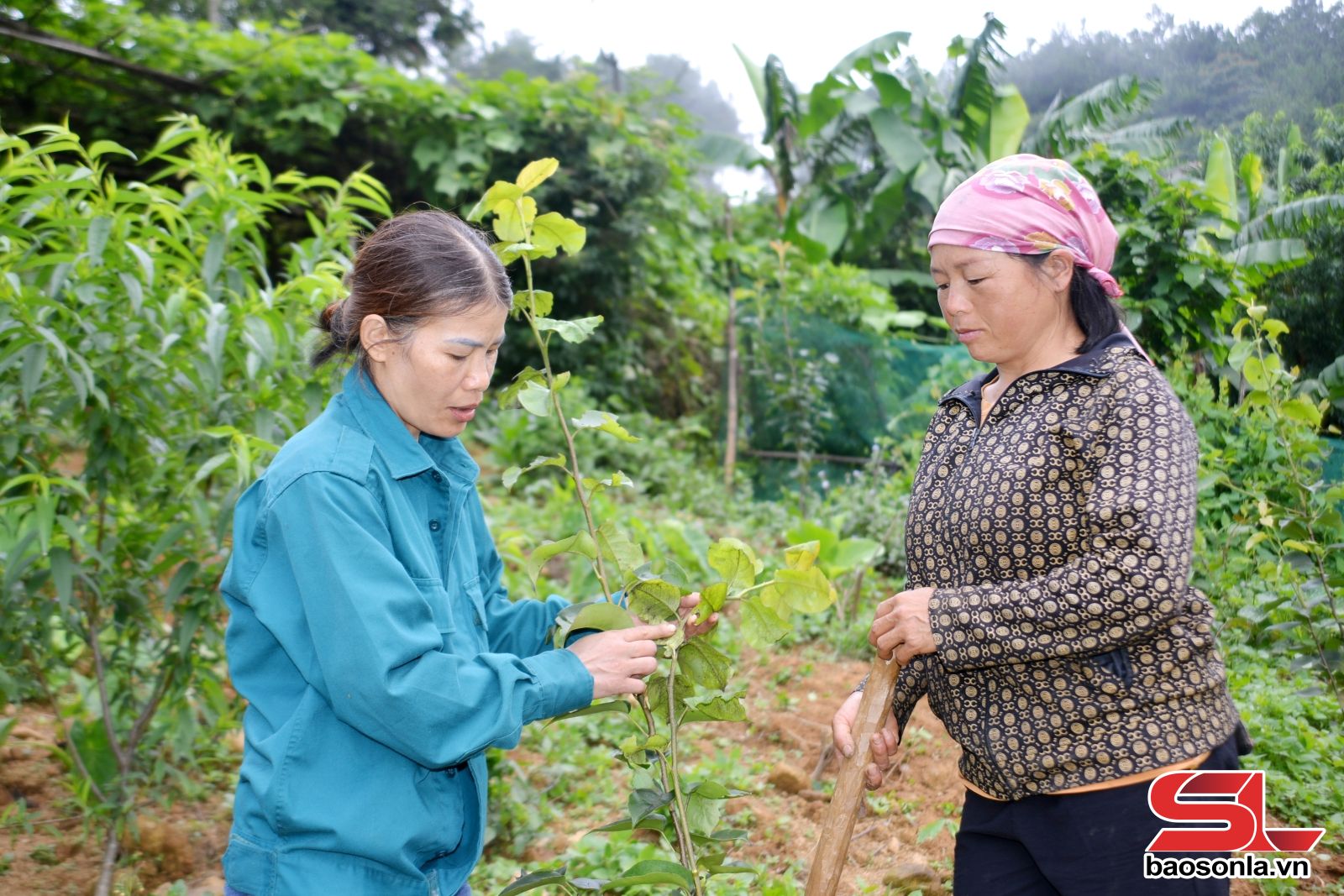
In Chung Chinh hamlet, there is the more-than-1-hectare pear orchard of Mua A Cau—one of the first farmers in the commune to plant the VH6 pear in 2017. He shared: “The VH6 variety is vigorous, pest-resistant, and well-suited to Ta Xua’s highland climate and soil. The caring is manageable—mainly pruning, fertilizing, and proper pest control.” With over 400 trees, this year’s crop is expected to yield over 3 tonnes of fruit, sold at 20,000–25,000 VND per kilogramme. After deducting expenses, the family can earn a profit of more than 60 million VND (2,300 USD).
Song A Mang, also from Ta Xua hamlet, said: “In 2023, our family was selected by the Department of Agriculture and Environment to participate in a grafted pear tree planting project. We received 200 saplings to plant on 5,000 square meters of hillside land. After receiving thorough technical training—from soil preparation to fertilizing and pruning—our trees are now growing well, nearly 2 meters tall. We hope they’ll start bearing fruit in the third year.”
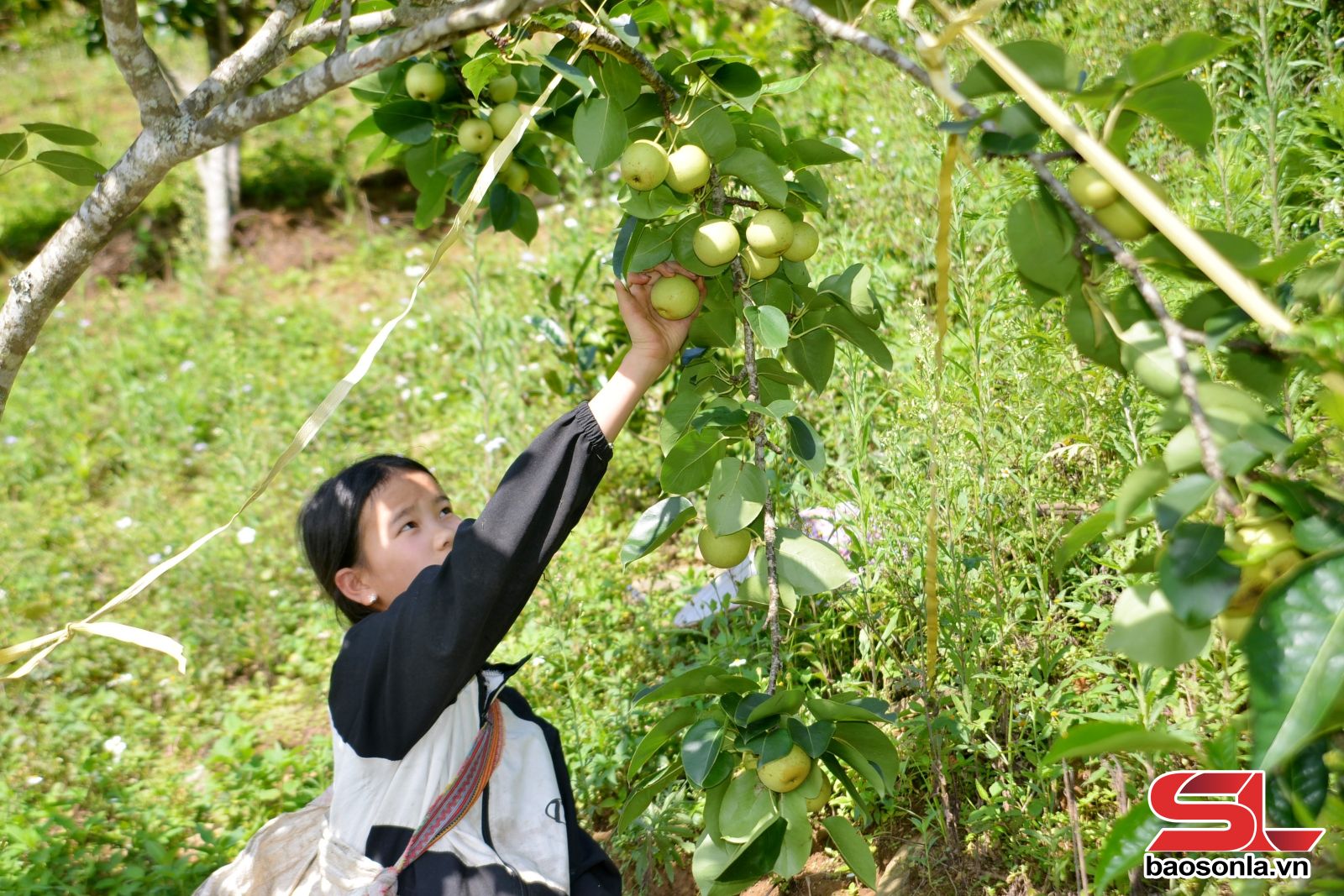
With the initial economic benefits, more local households have begun converting low-yield crop areas into pear orchards. To date, the commune has over 70 hectares of VH6 pears, with nearly 10 hectares already bearing fruit, mainly in Chung Chinh and Ta Xua hamlets.

Mua A Ho, Chairman of the Ta Xua commune People’s Committee, stated that since shifting to fruit trees like plums and especially the VH6 pear variety, many households have seen incomes of 40–50 million VND per harvest. In the coming time, the commune will continue to coordinate with specialised agencies to develop concentrated pear-growing zones, provide seedlings, facilitate access to production loans, and organise technical training and market connections for farmers.
“In addition to expanding cultivation, we will focus on improving product value and integrating it with agricultural tourism to create sustainable livelihoods and increase household income,” he added.













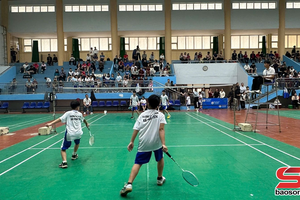



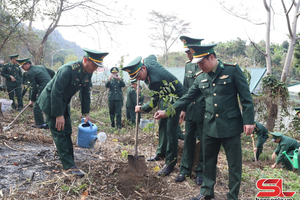
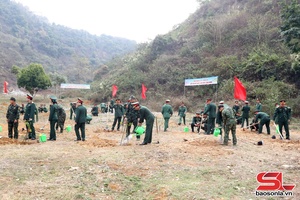
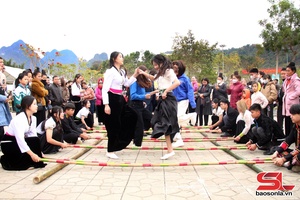



You have 500/500 characters left
Please enter 5 or more characters!!!